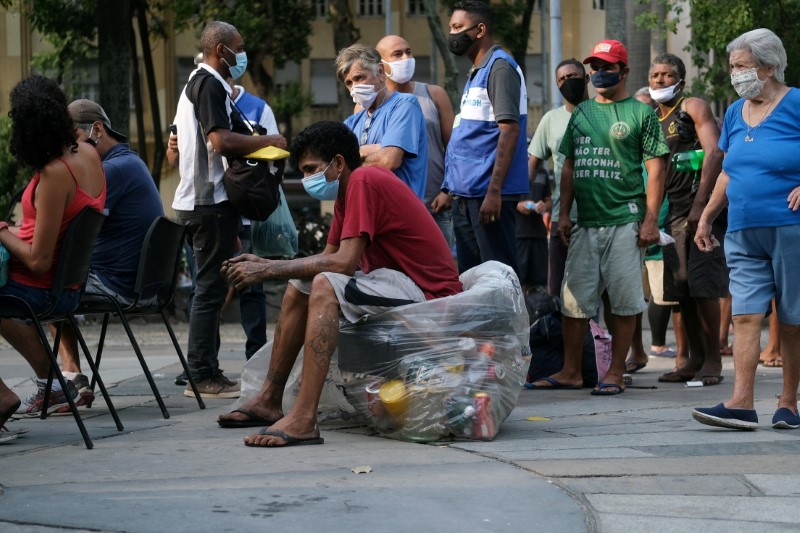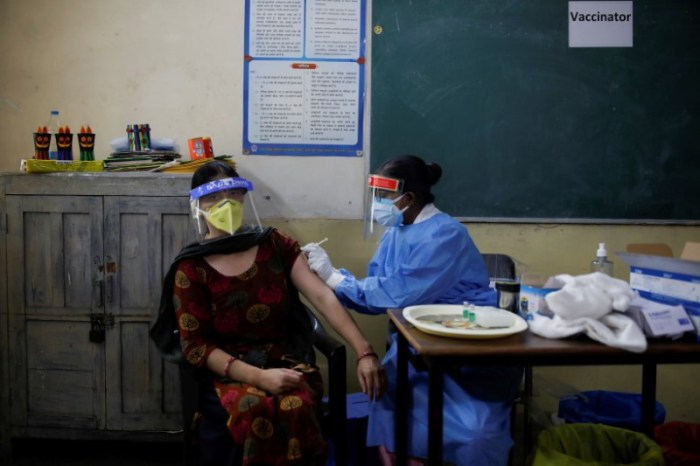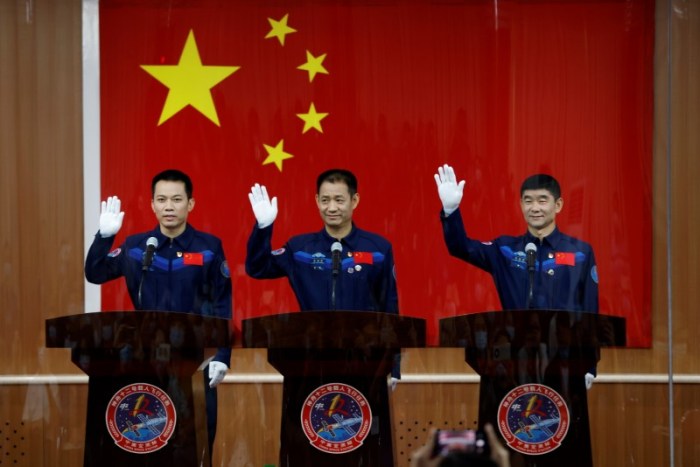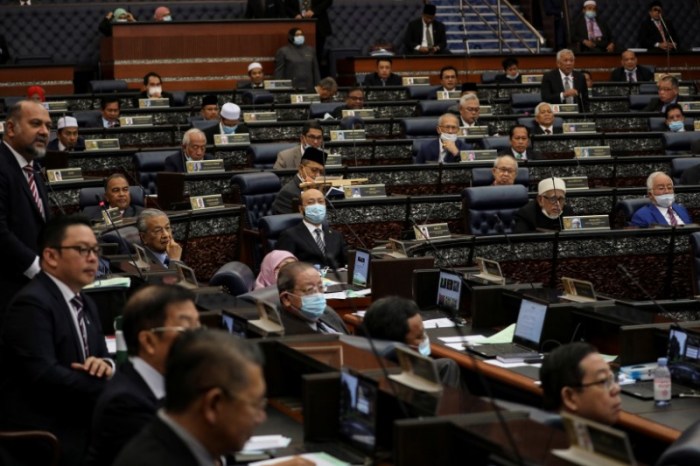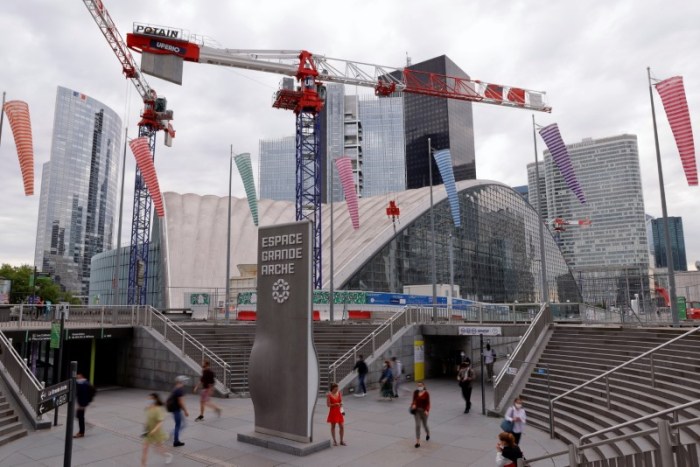BOGOTA (Reuters) -The primary issue with lagging COVID-19 vaccinations in the Americas is access to doses, not acceptance of vaccine safety or efficacy, the Pan American Health Organization (PAHO) said on Wednesday, urging donor countries to send shots as soon as possible.
The Group of Seven rich nations said on Sunday they will provide 1 billion vaccine doses over the next year to help poorer countries inoculate their populations.
“I want to be clear that the primary issue in the Americas is vaccine access, not vaccine acceptance,” PAHO Director Carissa Etienne said during the organization’s weekly news conference. “We’re counting on our leaders and the support of the global community to ensure the Americas have the doses they need – as soon as possible – to save lives.”
The G7 pledge offers fresh hope the region will overcome supply barriers, she said. But even with the donation the Americas remains a long way from protecting its population.
“We hope G7 nations will prioritize doses for countries at greatest risk – especially those in Latin America that have not yet had access to enough vaccines to even protect even the most vulnerable,” she said. “Vaccines are urgently needed today.”
Over 1.1 million new cases of COVID-19 and 31,000 deaths were reported in the Americas last week, Etienne said, with particular upticks in six Mexican states, Belize, Guatemala, Panama and some places in the Caribbean.
Hospitals in Bolivia, Chile and Uruguay are largely seeing COVID-19 patients between the ages of 25 and 40 as the trend toward younger patients continued. In Brazil’s Sao Paulo, 80% of intensive care units (ICU) occupants are COVID-19 patients.
Colombia’s COVID-19 situation is at its highest point nationally, with ICU beds largely filled in major cities, Etienne added, urging countries to tighten public health measures in places with high transmission.
Haiti, which has not yet begun vaccinations, will be prioritized for doses from the COVAX vaccine distribution program expected to arrive in July, PAHO subdirector Jarbas Barbosa said.
Countries must provide clear information about when people can get shots and make sure they get their second doses, Etienne said. People skipping their second dose does not seem to be a widespread phenomenon, she added.
No country will be safe until high vaccination coverage is reached, Sylvain Aldighieri, PAHO’s COVID-19 incident manager added.
“No country and definitely no region of the world is protected from new peaks of transmission.”
(Reporting by Julia Symmes CobbEditing by Chizu Nomiyama and Bill Berkrot)

